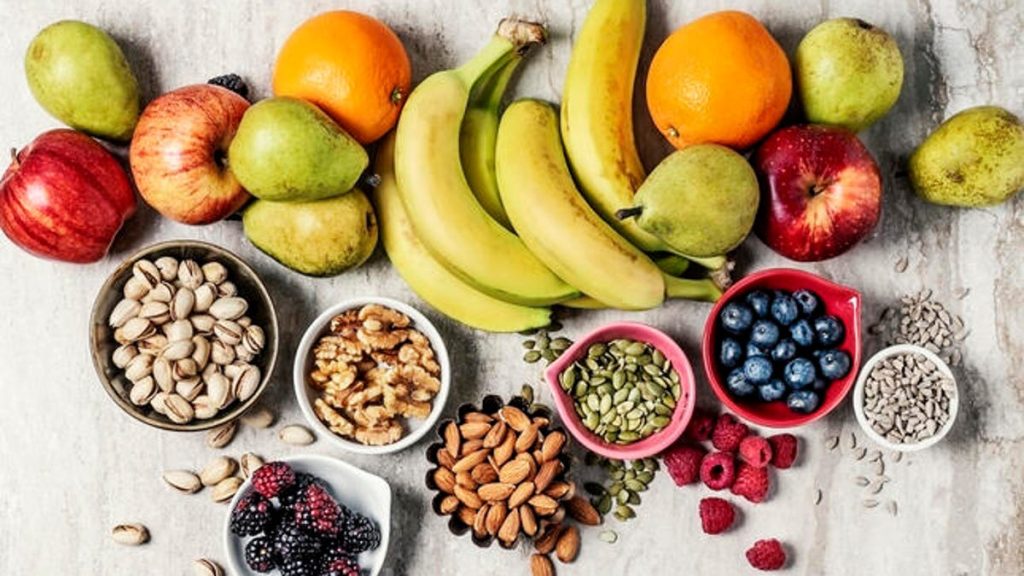Collagen is an essential protein in the body that plays a crucial role in maintaining your body’s functions. It acts as a glue to hold things together and is the main building block of tendons, ligaments, bones, muscles, and skin. Your body naturally produces collagen by combining amino acids, along with vitamin C, zinc, and copper. As we age, our bodies start to produce less collagen, leading to issues like less flexible tendons and ligaments, wrinkles, weak muscles, and joint pain. If these symptoms are affecting your quality of life, it may be worth looking into ways to increase your collagen levels.
There are various collagen supplements and skin treatments on the market that claim to boost collagen levels and improve skin health. While some scientific research supports the effectiveness of collagen supplements in wound healing, skin aging, elasticity, and hydration, more research is needed to confirm their benefits. On the other hand, skin treatments designed to increase collagen may not have enough conclusive evidence of their effectiveness. However, some treatments like microneedling and ultrasound therapy have shown promising results in treating facial scarring, stretch marks, and tightening facial muscles.
If you prefer a natural approach to increase collagen levels, the best way is through a well-balanced diet. Consuming foods rich in amino acids, vitamin C, zinc, and copper can promote natural collagen production in the body. Some foods to include in your diet are eggs, bone broth, beans, meat, citrus fruits, berries, bell peppers, shellfish, nuts, whole grains, and beans. Bone broth, in particular, is known for its collagen content and nutrient density. By simmering beef, chicken, or fish bones in water, you can extract collagen and minerals to create a nutrient-rich broth.
While collagen supplements and skin treatments may have their benefits, focusing on a healthy diet is a more natural and sustainable way to increase collagen levels in the body. By consuming foods rich in amino acids, vitamin C, zinc, and copper, you can support your body’s natural collagen production. Whether you choose to add collagen supplements to your routine or explore skin treatments, it’s essential to consult with a healthcare provider to ensure you are making the right choices for your skin and overall health. Remember that maintaining a healthy lifestyle, including a nutritious diet, regular exercise, and proper skincare, is key to promoting collagen production and maintaining youthful skin.















